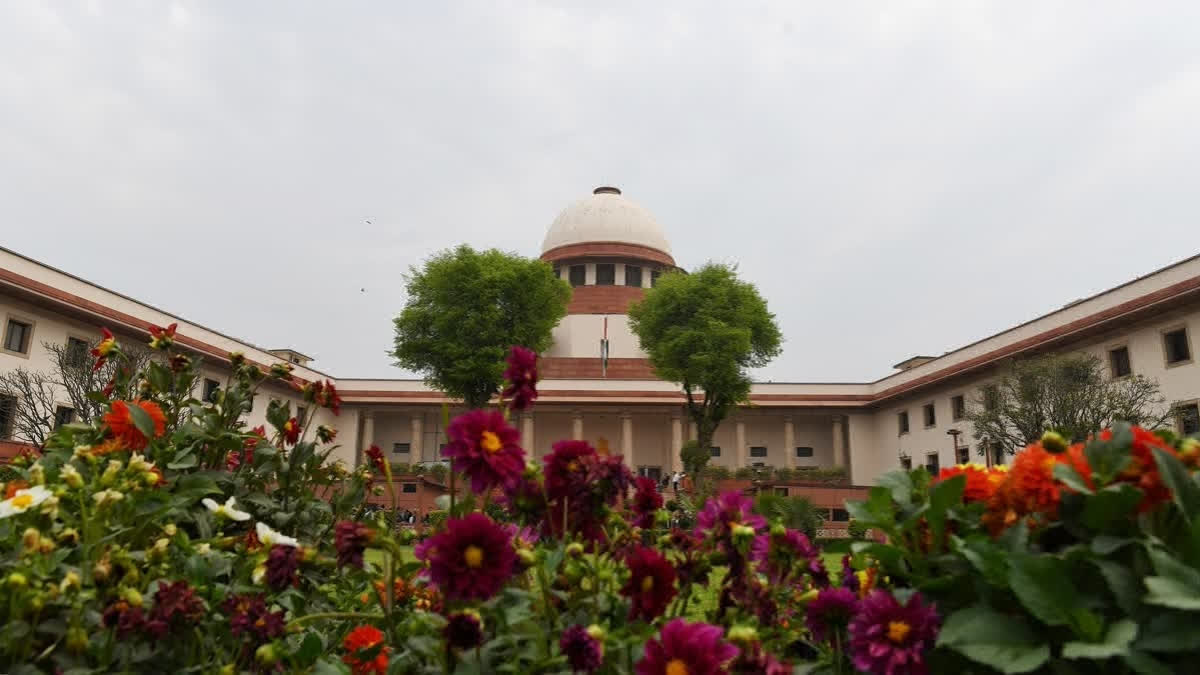New Delhi:The Jamiat Ulama-e-Hind Halal Trust has filed a rejoinder in the Supreme Court objecting to the statements made by Solicitor General Tushar Mehta, during the last hearing on January 20, 2025, that halal certifying agencies have made "few lakh crores" out of the certification process, saying that statements were “completely incorrect, vexatious, and scandalous”. The trust is one of the petitioners challenging the Uttar Pradesh government's ban on halal-certified products.
On January, 20, Mehta had orally submitted before a bench led by Justice B R Gavai that "I was shocked yesterday, even cement used is to be halal-certified! Sariyas (iron bars) used, have to be halal-certified...”. Mehta had stressed that halal-certifying agencies were charging and the total amount collected in the process might be a few lakh crore. Citing non-believers, who did not consume halal-certified products, Mehta asked why they should be made to pay a higher price only because some people wanted halal-certified products. The trust was represented by senior advocate M R Shamshad before the apex court.
The trust, in a rejoinder filed in the apex court, citing Mehta's statement, said: "The statements of the central government….are completely incorrect, vexatious, and scandalous. The said statements are without any basis….the instructing officer of the central government has shown irresponsible behaviour while instructing the Solicitor General to make such statements…".
The petitioner urged the apex court to direct the Centre for disclosure of the fact as to which officer instructed Mehta to make such statements before the court as these statements have caused serious prejudice to the concept of halal, which is considered to be one of the basic requirements of behaviour and lifestyle of a very large community in the country.
The rejoinder added that it is a serious issue of religious belief and practice of a large section of Indian citizenry and the same is protected under Articles 25 and 26 of the Constitution.
The trust said that the “central government has sought to selectively target only the halal certifications. Certifications like Kosher are still prevalent and being sold in different parts of the country, including Uttar Pradesh, even on products like apple cider (vinegar) etc”.
